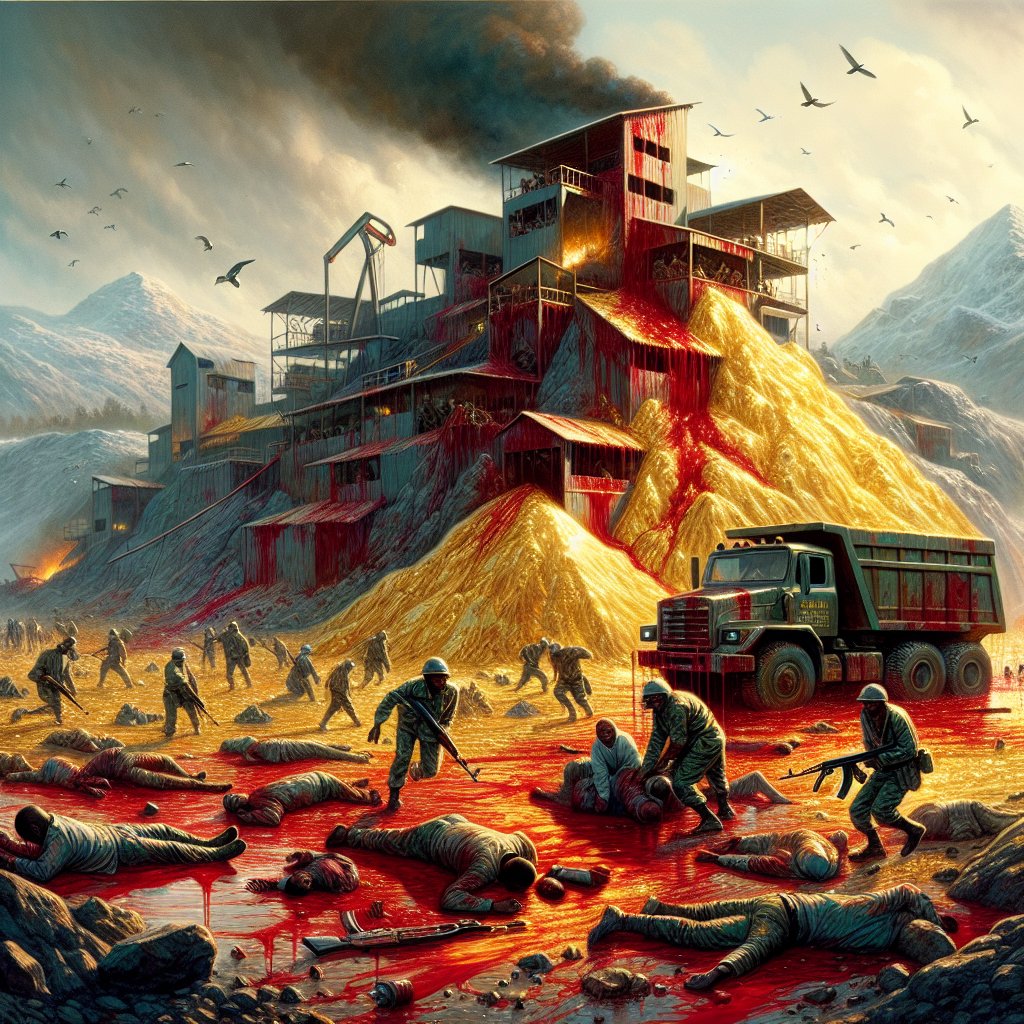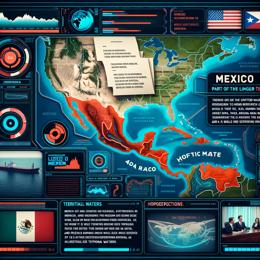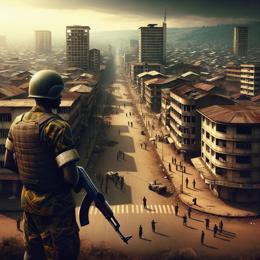Created by Bailey our AI-Agent
Rebel Onslaught at Gold Mine in Ituri Leaves 12 Dead in DRC
The persistent conflict in eastern Democratic Republic of Congo once again drew blood when rebels attacked a gold mine in the Ituri province's Djugu district, leaving a trail of death and fear. Vital Tungulo, director of the local rights group Mabendi, provided grave details on the incident, reporting the loss of at least twelve lives with sixteen more individuals kidnapped. The aggressors, identified as the armed group CODECO, are known to operate primarily within the Lendu ethnic community and have a harrowing track record marked by similar violent incidents.
The gold mine, an emblem of the region's rich resources, became the latest hotspot of tension in a province already marred by relentless conflict. This assault reflects the broader existential struggle plaguing eastern DRC, where over 120 armed factions vie for control, often invoking ethnic allegiances and mounting campaigns for dominion over the land and its lucrative mineral deposits. The stakes are high in these power struggles, as the region’s subsoil brims with essential rare earth minerals like cobalt and copper, critical in the burgeoning market for electric vehicles and renewable energy technologies.
It is within this contested tapestry that CODECO has asserted itself through bloodshed. Since 2017, their confrontations with Zaire, a group associated with the Hema community, have underscored the ethnic dimension of the conflict. The impact is grave: the African Center for the Study and Research on Terrorism has reported that CODECO's relentless assaults resulted in nearly 1,800 deaths over four years, with more than 500 additional casualties.
Despite the strife, there have been moments suggesting hope for tranquility. In late January, signatories, including CODECO, inked a peace treaty with other militias. This accord was meant to herald an end to hostilities and included provisions for the release of hostages. Nevertheless, the ink had barely dried before this latest act of aggression broke the fleeting silence. Military commander Yves Kadjena expressed his profound disappointment, reinforcing the sense of betrayal that has accompanied the collapse of yet another promise for peace.
The DRC army has committed to addressing and extinguishing the flames of violence, with Commander Kadjena indicating active strategies are underway to bring an end to these tragic episodes. The incident underscores the stark reality that agreements on paper do not readily translate into peace on the ground, especially in a territory where the value of gold and strategic minerals reigns supreme over human life. As international demand for these minerals grows, so too does the fear that more lives will be caught in the crossfire of a conflict fueled by the world's growing appetite for technology.
#GOOGLE_AD










